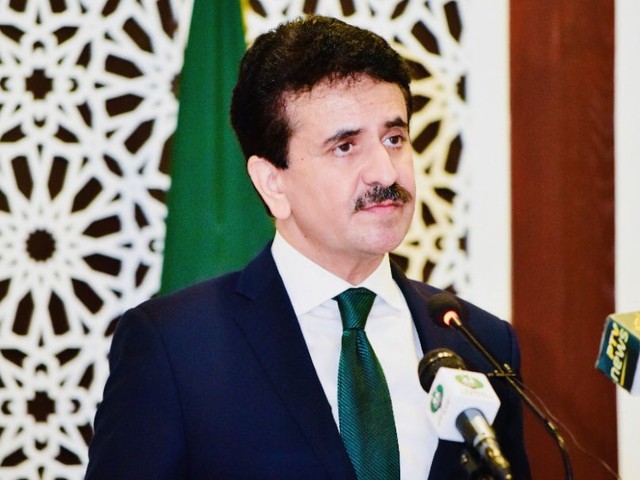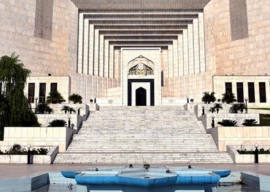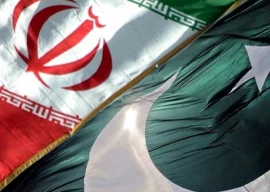
Pakistan has yet again reminded India that it has no locus standi on Gilgit-Baltistan (G-B) and categorically rejected its defence minister unwarranted remarks.
“India has no locus standi whatsoever on the issue — historical, legal, or moral,” the Foreign Office said in a statement in response to Defence Minister Rajnath Singh statement claiming Azad Jammu and Kashmir (AJK) and G-B as integral part of their territory.
“Gratuitous repetition of false claims by the RSS-BJP leaders, one after the other, for political point-scoring can neither change facts nor can it draw attention away from the reprehensible human rights violations being perpetrated against the Kashmiri people by Indian occupation forces in Indian Illegally Occupied Jammu and Kashmir (IIOJK),” the FO communique added.
“Pakistan has illegally occupied Gilgit-Baltistan,” Singh said in a tweet on Monday. “Pakistan is going to make it a province now. Our government has clarified that Gilgit-Baltistan, along with entire PoK, is an integral part of India.”
On Sunday, Prime Minister Imran Khan while addressing a rally in G-B vowed to make it a province, saying the decision has been taken keeping in view the United Nations Security Council (UNSC) resolutions related to Kashmir region.
The official statement said that Pakistan’s principled position on the Jammu and Kashmir dispute remains firmly anchored in the relevant United Nations Security Council resolutions.
“Administrative, political and economic reforms are a long-standing demand of the people of Gilgit-Baltistan. The envisaged provisional reforms reflect the aspirations of the indigenous populace of Gilgit-Baltistan,” it added.
Pakistan also called upon India to immediately end its illegal and forcible occupation of parts of Jammu and Kashmir.
Islamabad also urged New Delhi to comply with international obligations by allowing the Kashmiris to exercise their inalienable right to self-determination through a free and impartial plebiscite under the auspices of the United Nations as enshrined in the relevant UN Security Council resolutions.

















COMMENTS
Comments are moderated and generally will be posted if they are on-topic and not abusive.
For more information, please see our Comments FAQ